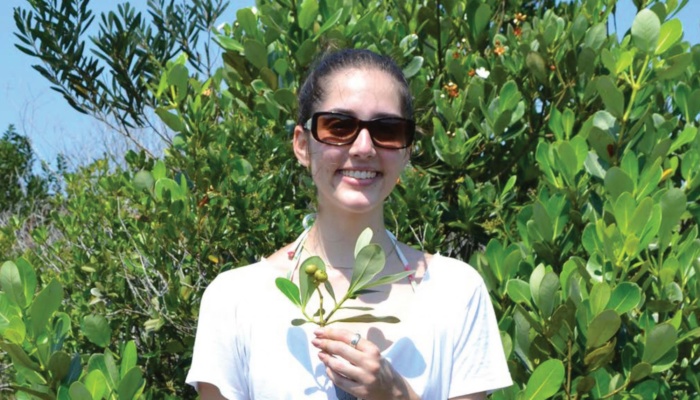Graduate Student Maria Cortez Uses Museum Collections to Fight COVID-19
Graduate Student Maria Cortez Uses Museum Collections to Fight COVID-19
Biology graduate student Maria Cortez and Florida Museum Curator Pam Soltis are involved in a new initiative called ViralMuse, which was triggered by the COVID-19 pandemic and aims to bridge the gap between public health and natural history collections to better understand emerging diseases. Maria and her collaborators have been updating and expanding databases of genetic resources relevant to studying COVID-19 and other zoonotic diseases. These resources, spanning 78 U.S. institutions, include preserved tissues of mammals and other organisms and cryopreserved DNA and RNA.
This effort is enhancing the discoverability of museum resources by public health disciplines, ensuring that data are accessible online and facilitating research into the origin and transmission of zoonotic diseases. According to Maria, “Zoonotic diseases could be better understood and mitigated by accessing natural history collections resources, where vertebrate specimen tissues can be investigated for the presence of pathogens in a quick and efficient manner. To make sure researchers across public health disciplines can tap into museum resources, we first need to make sure they know these resources exist.” Maria hopes that the ViralMuse initiative can aid in establishing “A Museum Approach to Pathogens” research.
Learn more about this effort here.
This story originally appeared on UF CLAS.


